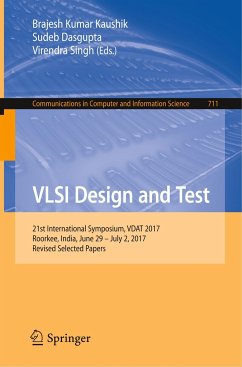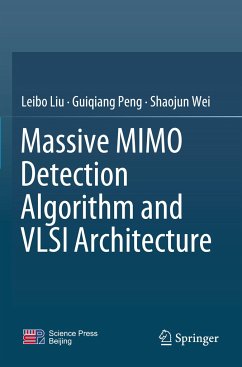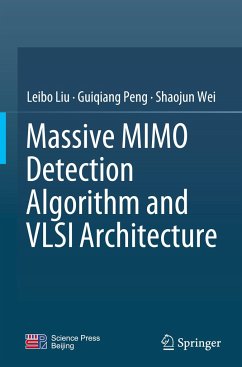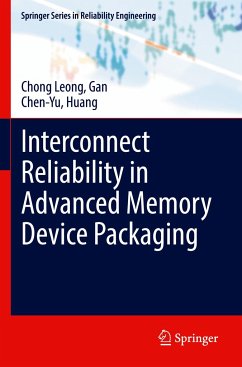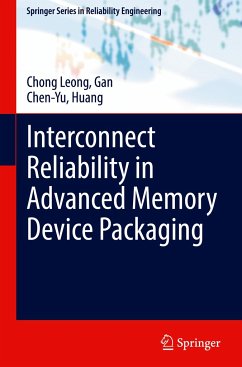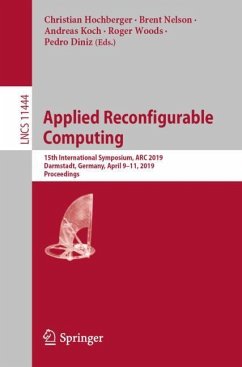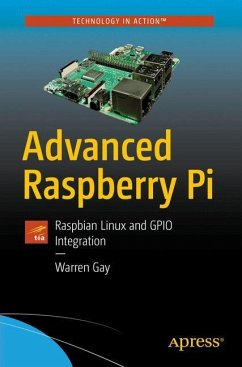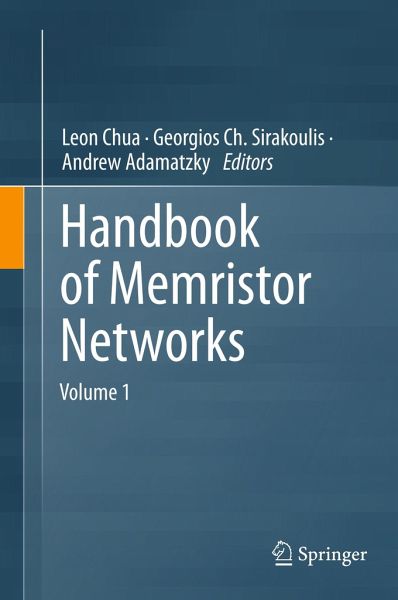
Handbook of Memristor Networks

PAYBACK Punkte
145 °P sammeln!
This Handbook presents all aspects of memristor networks in an easy to read and tutorial style. Including many colour illustrations, it covers the foundations of memristor theory and applications, the technology of memristive devices, revised models of the Hodgkin-Huxley Equations and ion channels, neuromorphic architectures, and analyses of the dynamic behaviour of memristive networks. It also shows how to realise computing devices, non-von Neumann architectures and provides future building blocks for deep learning hardware.With contributions from leaders in computer science, mathematics, ele...
This Handbook presents all aspects of memristor networks in an easy to read and tutorial style. Including many colour illustrations, it covers the foundations of memristor theory and applications, the technology of memristive devices, revised models of the Hodgkin-Huxley Equations and ion channels, neuromorphic architectures, and analyses of the dynamic behaviour of memristive networks. It also shows how to realise computing devices, non-von Neumann architectures and provides future building blocks for deep learning hardware.
With contributions from leaders in computer science, mathematics, electronics, physics, material science and engineering, the book offers an indispensable source of information and an inspiring reference text for future generations of computer scientists, mathematicians, physicists, material scientists and engineers working in this dynamic field.
With contributions from leaders in computer science, mathematics, electronics, physics, material science and engineering, the book offers an indispensable source of information and an inspiring reference text for future generations of computer scientists, mathematicians, physicists, material scientists and engineers working in this dynamic field.



